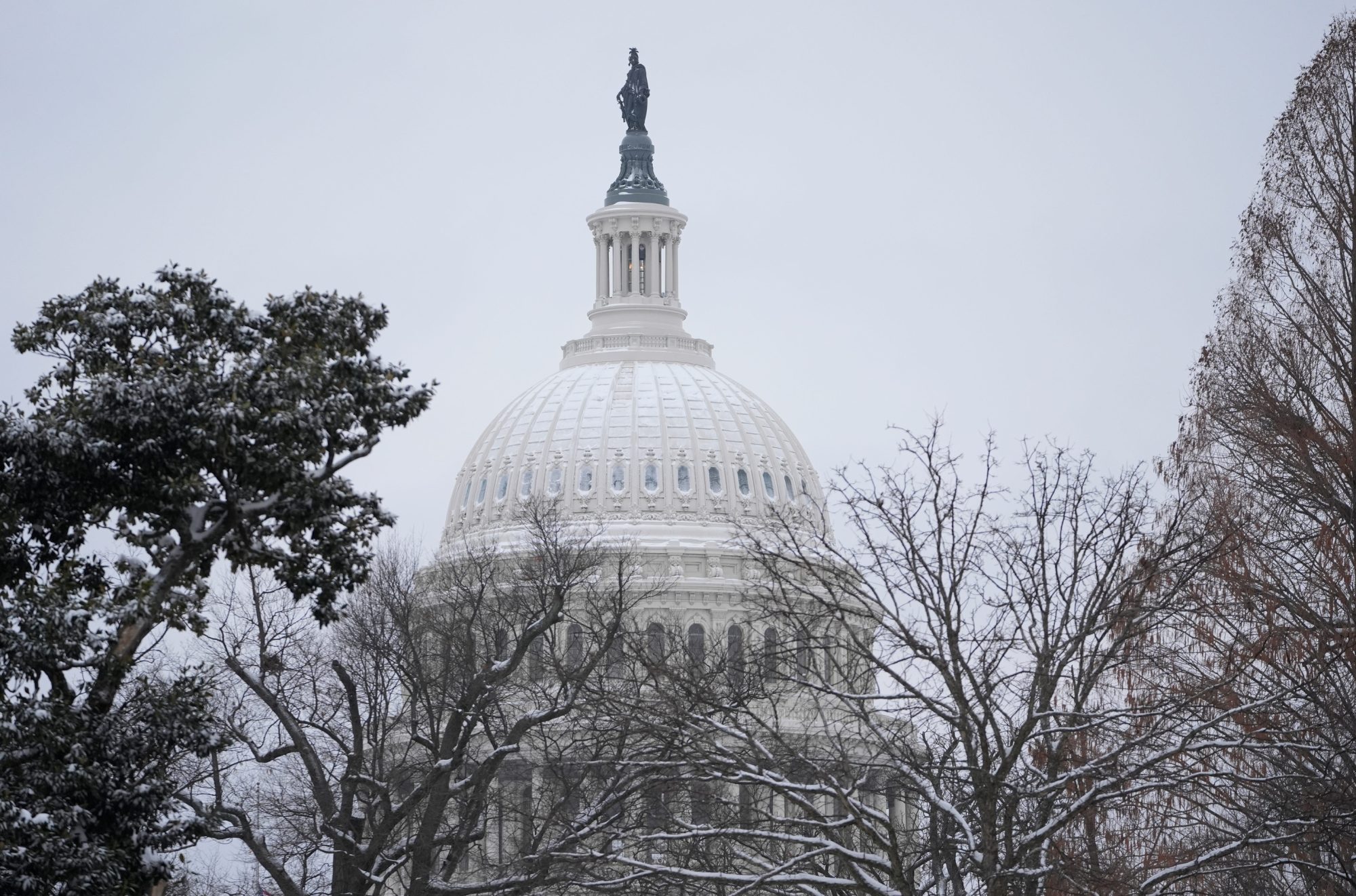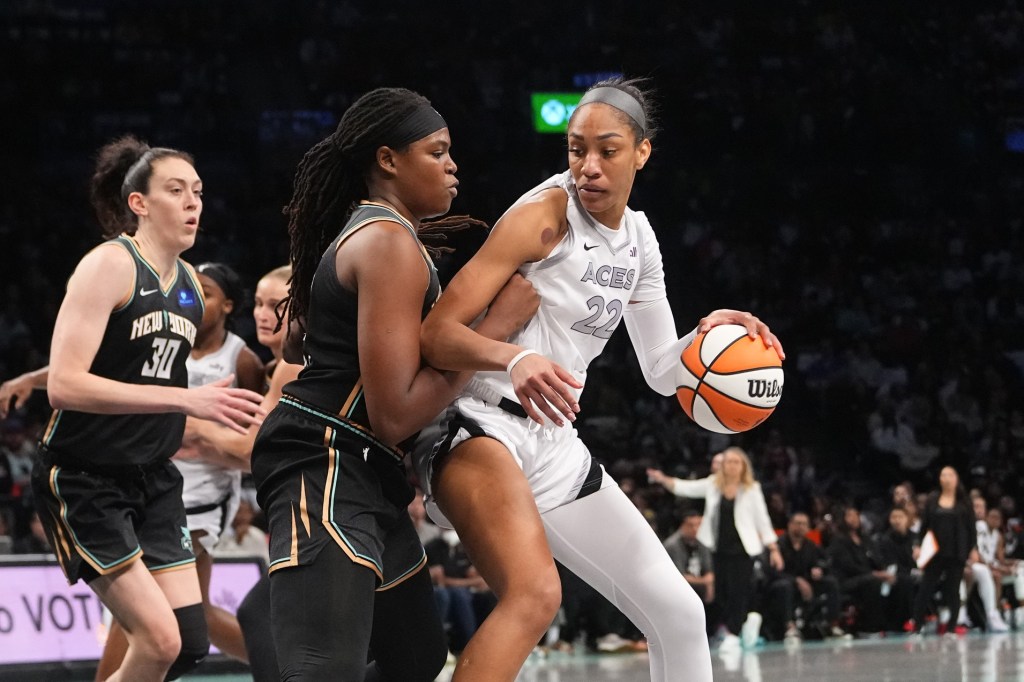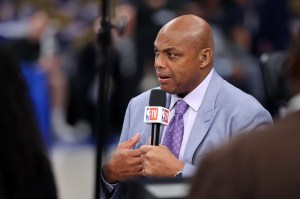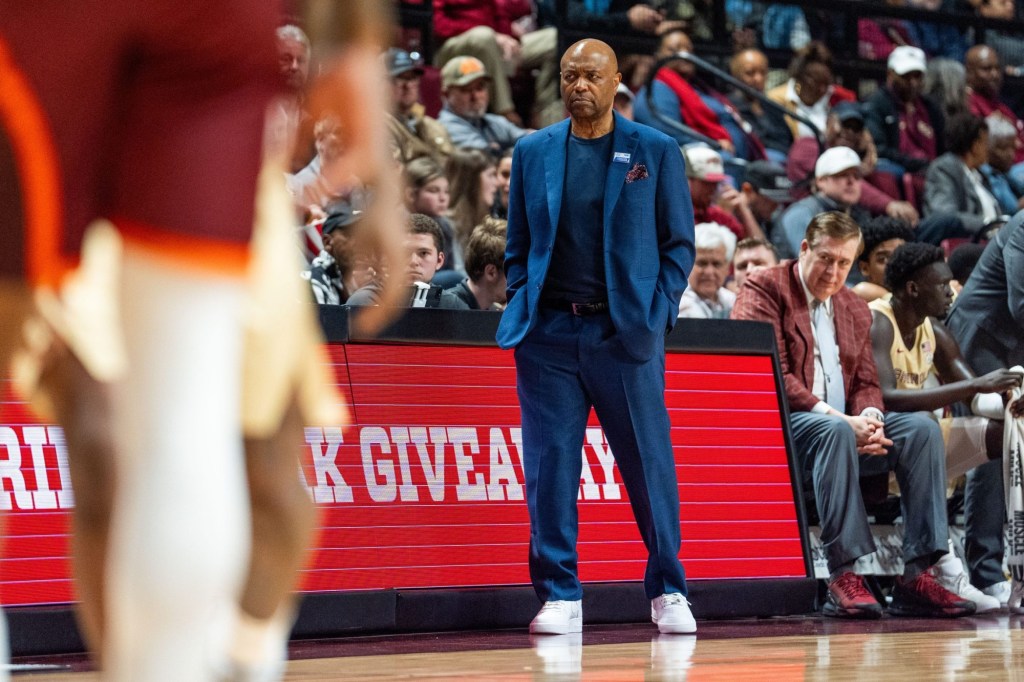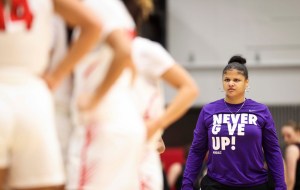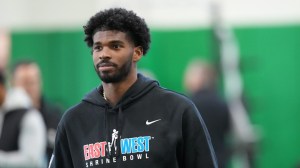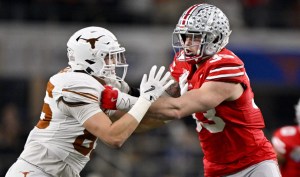College football coaches are the latest group to join the crowded field of college sports stakeholders all jockeying for a say in the future of NCAA sports.
The American Football Coaches Association, which comprises 11,000 football coaches across the high school and college landscape, hired two lobbying groups this month: Chet Culver Group and Capitol Counsel.
The NCAA and power conferences have been involved in a multimillion-dollar federal lobbying campaign since 2019 to save their amateurism business model. As it’s become clear Congress could move to regulate—and reshape—college sports, others have begun to follow their lead, including The Collective Association (representing dozens of NIL collectives), several Olympic sports coaches associations, and now football coaches.
But unlike the NCAA and power conferences, the AFCA isn’t aiming to save a business model, or the entire NCAA. They say they want to ensure the health and longevity of college football with more clarity and regulation on issues from agent certification to roster management.
Sen. Ted Cruz (R., Texas), who chairs the Senate Commerce Committee, has said getting a bill to President Trump’s desk is one of his main priorities—but there’s been no concrete movement in this current Congress yet (though the session began just a few weeks ago). So the AFCA has an opportunity to get lawmakers’ attention before any new legislation is introduced.
Capitol Counsel cofounding partner David Jones tells Front Office Sports the organization hopes to help the AFCA through education and advocacy. “Coaches are obviously on the front lines, they’ve got the players’ concerns at heart,” he says. “So that’s our job, really—is to make sure they’re informed and have a seat at the table.”
As of now, AFCA executive director Craig Bohl hopes Congress will consider a few specific issues. The first: the lack of regulation for NIL agents, many of whom have been accused of taking advantage of young athletes. “You have people that will claim to be agents that are going and representing student-athletes,” he said. “They’re not regulated. You have some young people that are now listening, and when their back’s up against the wall, they don’t understand what their value is at.”
Bohl also highlights an issue coaches have been vocal about for the entire season: the transfer portal. Players are currently allowed to transfer as many times as they want, meaning coaches have to re-recruit their entire roster every year—a situation that many have described as untenable. Players “should have the ability to go on the open market,” Bohl says, adding, “within the balance of being able to have some order and roster stability for these programs.”
The organization has not taken a formal position, however, on the best way to remedy these issues. For example, it hasn’t decided whether athletes should be considered employees, or whether collective bargaining is the best way forward for college football. (Collective bargaining is used by employees—athletes in this case—to negotiate contracts with employers and determine pay, salary caps, and free-agency rules.)
“If you look at the NFL, many of their challenges have been solved with collective bargaining,” Bohl says, citing issues including tampering and contract negotiations. The group is still “vetting” the concept.
But ultimately, Bohl hopes lawmakers will simply hear their concerns. “We’ve got the knowledge on really where the ball is at right now,” Bohl says. “We feel like we could add a great deal of perspective.”
